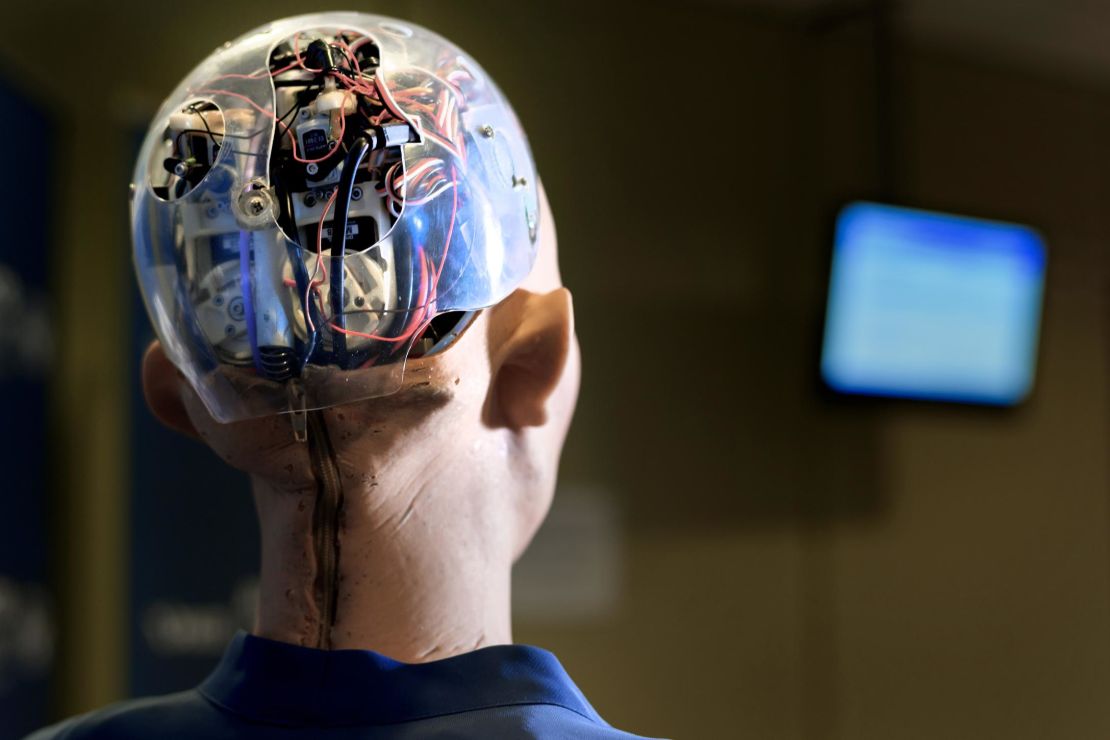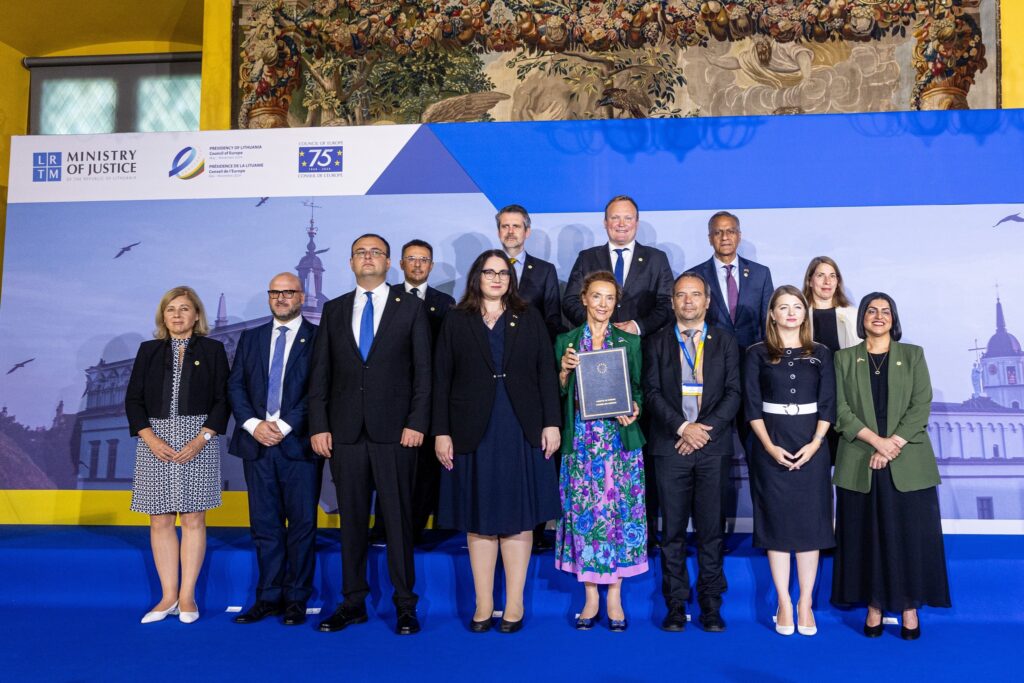Meta and other tech companies challenge the rules that Europe has set for AI

In an open letter, Mark Zuckerberg, John Elkann, Federico Marchetti and other business leaders from the economic sector criticise the regulatory framework of the European Union.

The European Union (EU) has become less competitive and less innovative than other regions of the world and now risks falling even further behind in the era of artificial intelligence (AI) due to inconsistent regulatory decisions.” This is the accusation made by a group of companies, researchers and institutions, led by Meta , which define themselves as “integral parts” of Europe and work “to provide services to hundreds of millions of citizens”, and published in the form of an open letter by the Italian newspaper Corriere della Sera on 19 September.
In the letter, the group of signatories underlines how the EU risks missing two crucial moments in the development of the technology of our times. The first stage is linked to open models , available to be used and improved by anyone and which, according to the senders, would allow multiplying social and economic benefits, offering opportunities that would reinforce the technological independence of the continent. Open models guarantee companies the possibility of downloading, adapting and improving them internally, without having to send data to external platforms and thus reducing the risk of dependence on foreign suppliers.
The second key moment mentioned is the emergence of multimodal AI models , capable of integrating text, images and sound. These tools, considered the natural evolution of text-only ones, promise a major leap forward in the ability of machines to understand the world and interact with it. In the letter, the difference between text-only and multimodal AI models is compared to the disparity between perceiving reality with one sense and perceiving it with all five.
At the bottom of the document, among the 43 signatures in total, are Mark Zuckerberg , CEO of Meta, and other personalities from the Italian economy: the CEO of the Dutch trading company Exor, John Elkann, the researcher Eugenio Valdano, the marketing director of Prada, Lorenzo Bertelli; the founder of Yoox Federico Marchetti, the CEO of EssilorLuxottica Francesco Milleri and the statistician Stefano Iacus.

The accusation
The petitioners point out that the aforementioned developments could have a positive impact on both business productivity and scientific research. In this regard, European academic institutions and companies are already using artificial intelligence models to accelerate medical research, preserve languages and develop new products and services.
At the same time, they are convinced that without such tools, Europe will not be able to keep up with world powers such as the US, China and India and will risk seeing the economic and social benefits of technology fade away, such as a significant increase in gross domestic product, estimated at around 10% over the next ten years.
One of the most important points raised in the letter concerns regulatory fragmentation, which hinders innovation and investment in the sector. Regulatory coherence and certainty are seen as essential to encourage companies to invest billions in developing advanced technologies in Europe. In this regard, some recent decisions, especially in the area of data protection , have reportedly created confusion about what information can be used to train AI models. And this uncertainty could lead to the development of systems unable to understand and reflect Western culture and knowledge.

The Convention provides a legal framework covering “the entire life cycle of AI systems” and aims to ensure that the use of the technology does not undermine fundamental safeguards, democracy and the rule of law
Reject modernity and embrace tradition?
For the signatories, the risk of falling behind in technological innovation due to unclear regulations represents a threat to the economic and technological future of the old continent. In particular, they stress that Europe has to make a choice that will influence its destiny for decades : it can choose to update and harmonise the regulatory framework, while preserving the essential values of data protection, or continue to “refuse progress, contradict the ambitions of the single market and sit idly by while the rest of the world develops technologies to which Europeans will not have access”.
The letter calls on European legislators to understand the importance of acting quickly and clearly. For the authors of the letter, harmonised and consistent rules are essential for the development of AI based on open models and for unleashing Europe’s creative and economic potential. The letter suggests that Europe can still lead innovation in artificial intelligence, provided it adapts its rules to allow the use of European data for model training.
On the contrary, without clear and timely interventions, it risks being a passive spectator in the development of technologies that will determine global growth and prosperity in the coming years. However, apart from outlining standards as a vital point for prosperity, Meta and the other personalities involved do not propose solutions or contribute ideas for adapting regulations in the EU .



